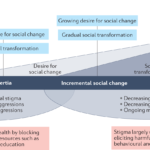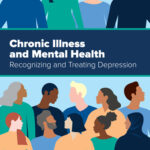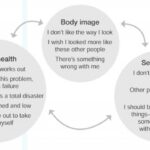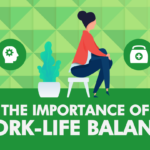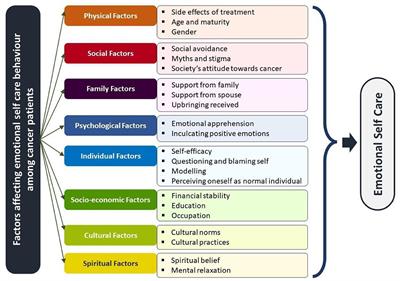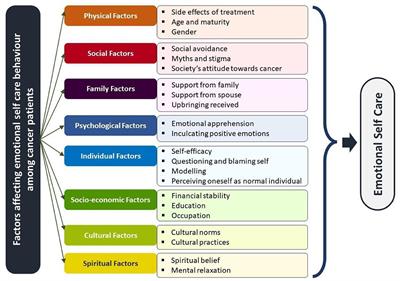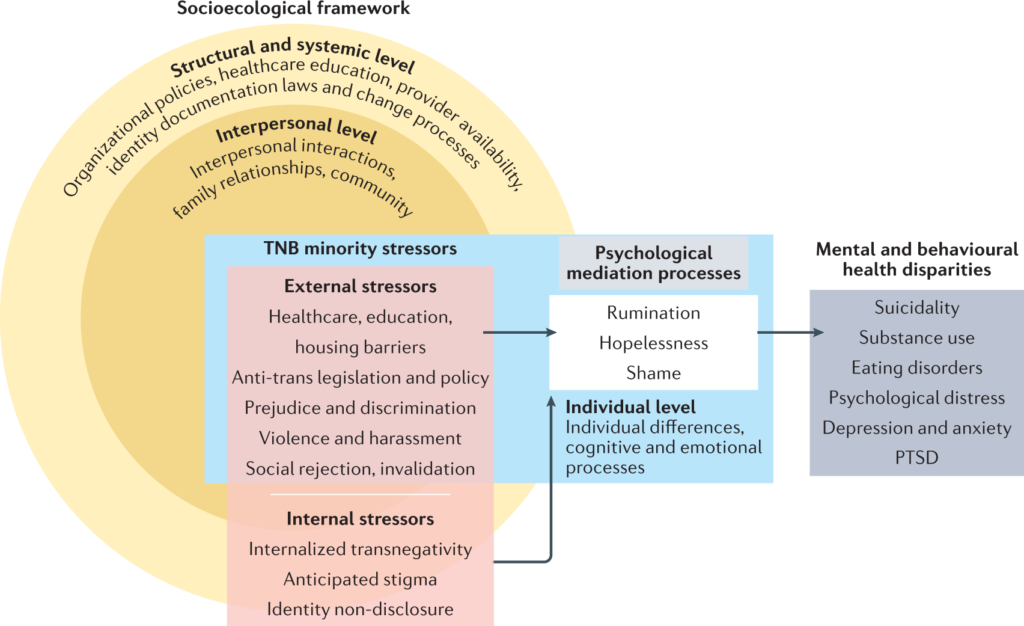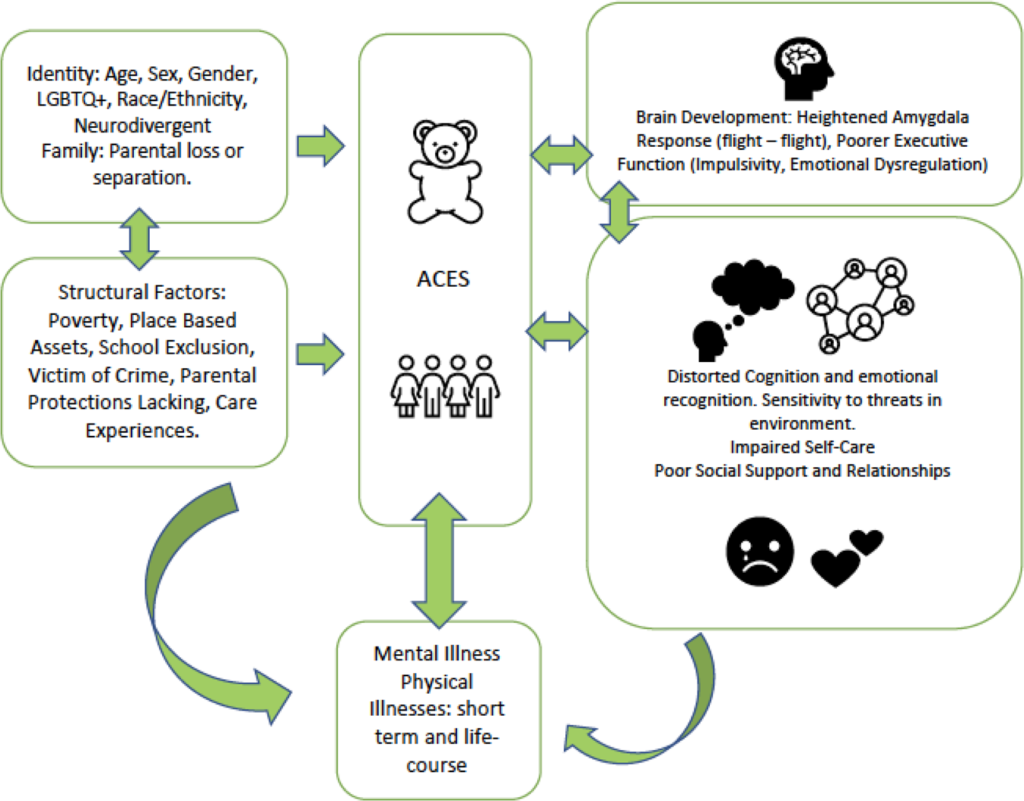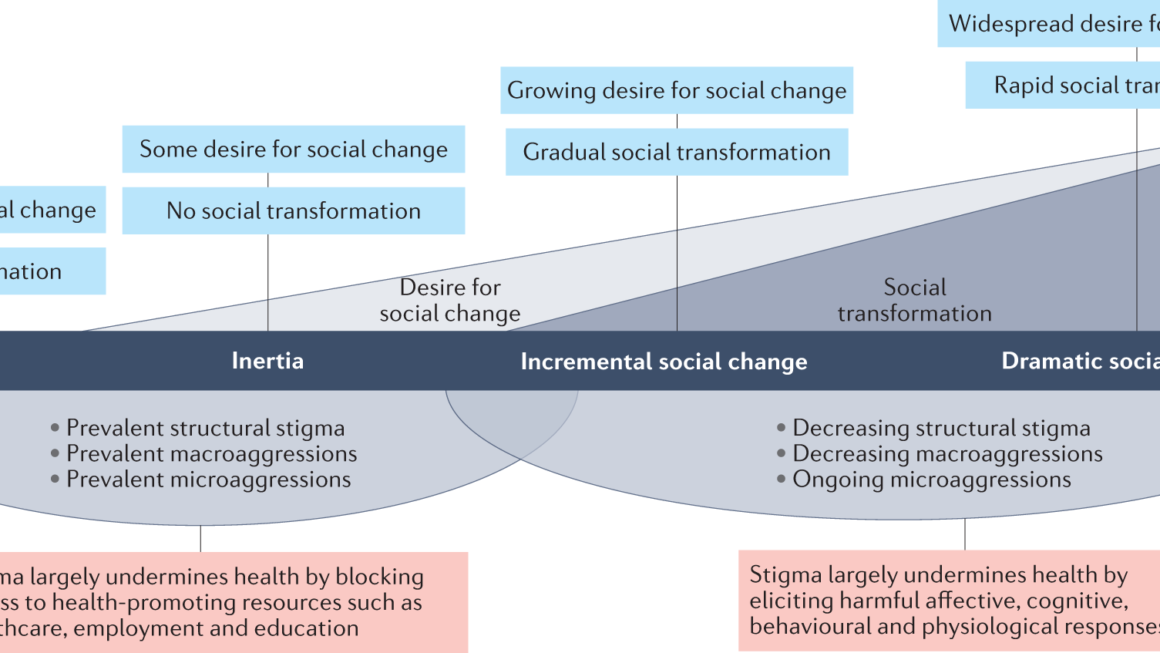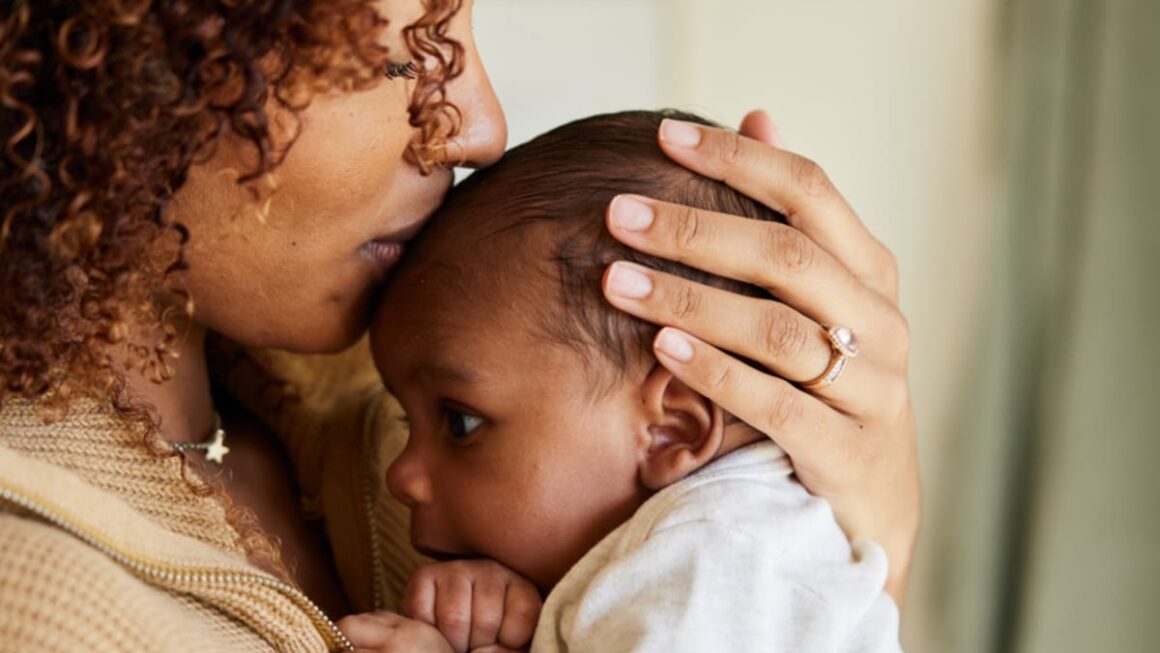Transitioning through different phases of life can have a remarkable impact on women’s mental health. From the awe-inspiring journey of pregnancy and childbirth to the often undiscussed rollercoaster of emotions during menopause, these significant life events can bring both joy and challenges. In this article, we will explore the various ways these transitions can affect women’s mental well-being, providing insights and support for those going through these transformative experiences. So, get ready to dive into the fascinating world of women’s mental health and the incredible resilience they possess.
Exploring the Impact of Life Transitions on Women’s Mental Health
Introduction
Life transitions are inevitable and play a significant role in shaping our experiences and emotions. For women, certain life transitions such as pregnancy, childbirth, menopause, divorce, career changes, and retirement can have a profound impact on their mental well-being. In this article, we will delve into each of these transitions and explore the various ways they can influence women’s mental health. By understanding and acknowledging the challenges and emotional changes that come with these life transitions, we can better support women during these critical periods.
Pregnancy and Mental Health
1.1 Physical and Hormonal Changes during Pregnancy
Pregnancy is a transformative journey that brings about numerous physical and hormonal changes in a woman’s body. From morning sickness and weight gain to hormonal fluctuations, these changes often lead to a wide range of emotions and can impact a woman’s mental health. It is essential to recognize and address these physical and hormonal changes, as they can contribute to emotional challenges during pregnancy.
1.2 Emotional Challenges during Pregnancy
Pregnancy can result in a whirlwind of emotions. While some women may experience feelings of excitement and joy, others may grapple with anxiety, mood swings, and even depression. Hormonal changes, societal pressure, and the anticipation of becoming a parent can all contribute to these emotional challenges. It is crucial for women to have a supportive network and access to resources that can help them navigate these emotions effectively.
1.3 Relationship Changes during Pregnancy
Pregnancy often brings about significant changes in a woman’s relationships, both with their partner and with other family members. These changes can range from increased intimacy and support to conflicts and tensions. Communication, understanding, and mutual support play crucial roles in maintaining healthy relationships during this phase. Support groups and counseling can provide valuable guidance during this time of transition.
1.4 Postpartum Depression and Anxiety
While childbirth is a beautiful and life-changing experience, it can also bring forth postpartum depression and anxiety. These mental health conditions can occur due to various factors, including hormonal changes, sleep deprivation, and the challenges of adjusting to a new role as a mother. It is essential for women to seek professional help and receive the necessary treatment and support to recover from these conditions effectively.
Childbirth and Mental Health
2.1 Emotional and Psychological Effects of Childbirth
Childbirth is a transformative event that can have both positive and negative emotional effects on women. While many experience immense joy and fulfillment, others may struggle with feelings of inadequacy, loss of identity, and overwhelm. The physical recovery from childbirth, coupled with the demands of caring for a newborn, can also contribute to increased stress and anxiety during this period.
2.2 Postpartum Depression and Anxiety
Postpartum depression and anxiety are not limited to the early weeks after childbirth but can develop months after delivery. These conditions can significantly impact a woman’s mental health, making it crucial for healthcare professionals to screen and provide appropriate support. Therapy, medication, and support groups can often play a pivotal role in helping women navigate these challenges and aid in their recovery.
2.3 Impact on Body Image and Self-esteem
The changes that occur in a woman’s body during pregnancy and childbirth can significantly impact her body image and self-esteem. Stretch marks, weight gain, and physical changes in breast size and shape can lead to negative self-perception. Society’s emphasis on unrealistic beauty standards further exacerbates these challenges. Women must receive support, encouragement, and positive body image messages to foster self-acceptance and rebuild their self-esteem.
Menopause and Mental Health
3.1 Hormonal Changes and Mood Swings
Menopause marks the end of a woman’s reproductive years and is accompanied by significant hormonal fluctuations. These changes can lead to mood swings, irritability, and increased vulnerability to mental health conditions. It is essential to recognize the impact of hormonal fluctuations on a woman’s mental well-being during menopause and provide the necessary support and resources to help them navigate this stage smoothly.
3.2 Menopause-Related Depression and Anxiety
During menopause, women may be at a higher risk of developing depression and anxiety disorders. The hormonal changes, physical discomfort, and societal expectations surrounding aging can contribute to these mental health conditions. By addressing these concerns, providing education and resources, and offering appropriate treatments, we can support women as they transition through this phase of their lives.
3.3 Impact on Cognitive Function and Memory
Menopause can also have cognitive effects, including memory lapses and difficulties with concentration. These changes can lead to frustration, decreased confidence, and anxiety. By understanding and acknowledging these cognitive changes, women can better navigate this phase. Cognitive exercises, healthy lifestyle choices, and mental stimulation can help mitigate these effects and promote a positive mental state.
Divorce and Mental Health
4.1 Emotional Distress and Adjustment Challenges
Divorce is a life-altering event that often brings about emotional distress and adjustment challenges for women. Feelings of grief, loss, and uncertainty can lead to anxiety, depression, and a decline in mental well-being. It is vital for women going through a divorce to have access to emotional support, therapy, and resources that can aid in the healing process.
4.2 Increased Risk of Depression and Anxiety
Divorce has been linked to an increased risk of depression and anxiety in women. The emotional upheaval, financial stress, and changes in social dynamics can contribute to these mental health conditions. Recognizing the signs and symptoms and seeking appropriate help is crucial in rebuilding emotional resilience and promoting well-being.
4.3 Rebuilding Self-esteem and Identity
Divorce often leads to a significant loss of identity and self-esteem. Women may struggle with feelings of failure, rejection, and a distorted self-image. Rebuilding self-esteem and identity is a vital aspect of navigating divorce and promoting mental health. Therapy, support groups, and self-care practices can help women rediscover their worth and establish a strong sense of self.
Career Transitions and Mental Health
5.1 Stress and Anxiety during Job Changes
Career transitions, whether it be changing jobs or returning to work after a break, can significantly impact a woman’s mental health. The stress and anxiety associated with these transitions, coupled with the pressure to succeed and meet expectations, can take a toll on well-being. Prioritizing self-care, seeking support, and practicing stress management techniques are crucial in minimizing the negative impact of career transitions on mental health.
5.2 Work-Life Balance Challenges
Balancing career aspirations and responsibilities with personal life is a common challenge for women. Career transitions often require adjustments in routines, time management, and priorities, leading to increased stress and feelings of overwhelm. Employers and organizations must provide flexible work arrangements, resources, and support systems to help women maintain a healthy work-life balance and sustain their mental well-being.
5.3 Impact on Self-confidence and Sense of Purpose
Career transitions can sometimes shake a woman’s self-confidence and sense of purpose. Starting a new role, changing industries, or taking on new responsibilities may bring about self-doubt and questioning of capabilities. Engaging in self-reflection, setting achievable goals, and seeking mentorship and guidance can aid in boosting self-confidence and reaffirming a sense of purpose during career transitions.
Retirement and Mental Health
6.1 Emotional Impact of Retirement
Retirement is a significant life transition that can evoke a range of emotions in women. While some may look forward to the newfound freedom, others may experience feelings of loss, uncertainty, and a loss of identity tied to their career. Coping with these emotions and adapting to a new lifestyle is crucial in maintaining positive mental health during retirement.
6.2 Loss of Identity and Purpose
Retirement often comes with a loss of identity and purpose that was previously associated with a career. The absence of a structured routine, decreased social interactions, and a shift in personal roles can contribute to a decline in mental well-being. Reinventing one’s identity, exploring new interests and hobbies, and maintaining social connections are essential in navigating this transition and fostering a sense of purpose.
6.3 Coping with the Transition to Retirement
Coping with the transition to retirement involves developing strategies and seeking support to navigate the emotional and practical aspects of this life stage. Planning for retirement, engaging in meaningful activities, and prioritizing self-care are important components of the coping process. Establishing a strong support system and seeking guidance from professionals can also make a significant difference in easing the transition and promoting mental well-being.
Conclusion
Women go through numerous life transitions that can significantly impact their mental health. Pregnancy, childbirth, menopause, divorce, career changes, and retirement all present unique challenges and emotional journeys. By understanding the psychological effects of these transitions and providing women with appropriate support, resources, and guidance, we can empower them to navigate these changes with resilience and maintain optimal mental well-being.
Recommendations for Supporting Women’s Mental Health during Life Transitions
- Implement comprehensive perinatal mental health screening and support services to address the emotional challenges faced during pregnancy and after childbirth.
- Provide accessible and culturally sensitive information and resources on menopause-related mental health to ensure women can navigate this stage with adequate support.
- Offer counseling and emotional support services during and after divorce to assist women in processing their emotions, rebuilding self-esteem, and transitioning to a new chapter in their lives.
- Promote workplace policies that encourage work-life balance and support women during career transitions, including flexible work arrangements and employee assistance programs.
- Develop retirement planning programs that address the emotional aspects of retirement, provide resources for transitioning to a new lifestyle, and facilitate social engagement to combat isolation and loss of purpose.
By implementing these recommendations and acknowledging the unique challenges women face during life transitions, we can create a society that supports and prioritizes women’s mental health throughout their journeys.
